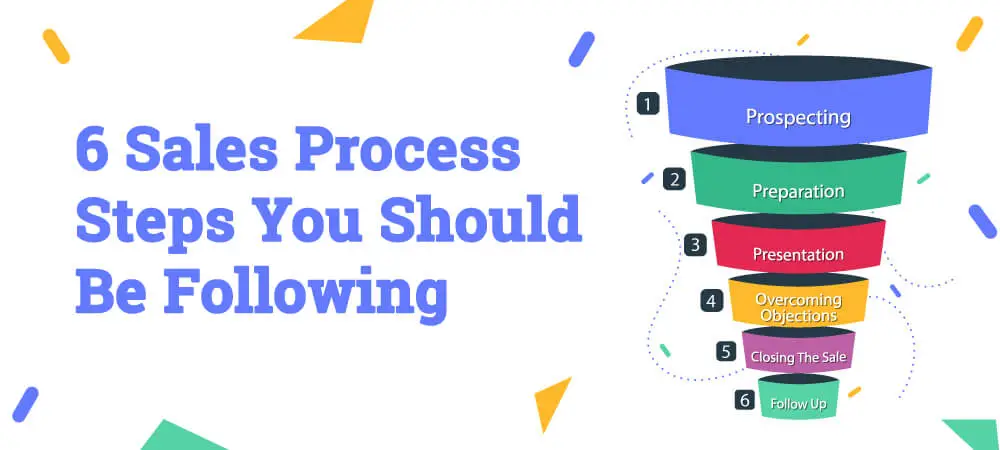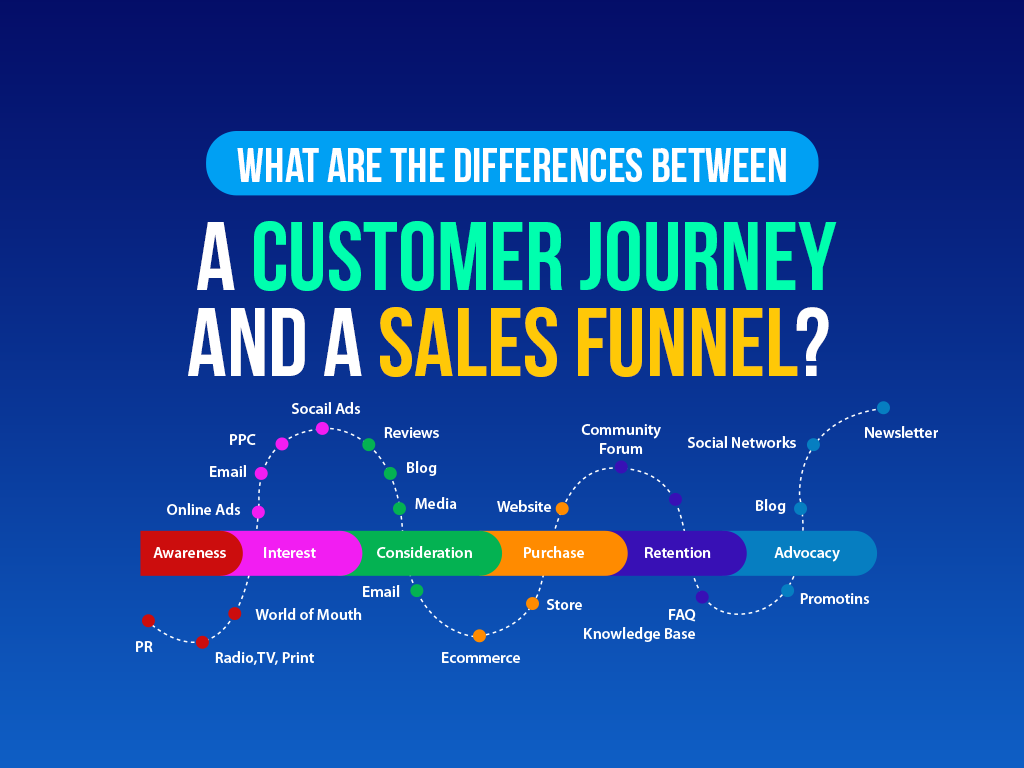Optimizing Sales with Digital Innovation
Optimizing Sales with Digital Innovation. It has been very important for businesses looking to develop their bottom line since it is through the role of digital innovation as far as changing sales processes is concerned that any business can gain bottom-line growth in the present fast-changing dynamic with its target market and customer expectations. This blog post delves into the four key strategies and tools that unlock the end-to-end sales of lead generation, conversion, and customer retention through digital transformation. Read on in this article from The Value of Digital Transformation about how digital innovation contributes to business success.
1. Digital leads to efficient and effective sales conversions
2. Data-driven insights for perfect engagement with personalization for every customer and better decision making.
3. The streamlined process enhances sales teams ‘efficiency.
4. Omnichannel-based strategy helps the customers augment sales output.
5. Automation helps speed lead conversion and revenue growth .
6. Technology coupled with the sales strategy created competitive advantages .
Conclusion
The Hitting Customer Centricity through Digital Transformation
The Digital Transformation of Sales
Digital Transformation has set the pace in the new selling landscape. It is here that firms have started embracing digital technologies and tools to make the process smother and improve customer interfaces to generate greater revenues.
Challenges and Opportunities in Digital Sales
We must therefore face the challenges and any opportunities that come with digitalization. Especially in changing consumer behaviours or ability to adopt a decision making process backed by data. But all this has to be innovative in order to survive in fast competitive market.
Similarly, an increasing e-commerce and other sales channels also allow businesses to reach yet a larger market and connect with their customers in quite innovative and very personalized ways. Proper leveraging of digital tools, including analytics, AI, and automation, ensures that organizations can fine-tune sales strategies and convert well.
Process Strategies of Improving Sales-Riding on Data for Customized Selling
The new digital age has transformed the way of making the sales process better through the use of big data in large volumes to capitalise on its personalization benefits in selling. As patterns of customer behaviour, preferences, and previous interaction are analyzed, each prospect can be approached in a way that increases chances of conversion based on the analyzed data. In turn, a good relationship established with more effective interactions produces favorable sales results.
Sales Automation Tools
Another way of making the process of selling effective is by introducing sales automation tools, which makes all repetitive tasks streamlined for efficiency and uses the otherwise spent time that the sales teams spend on less value-added activities such as building relationships or negotiating deals. This helps businesses in managing leads effectively, track all customer intearactions and derive actionable insights that helps them make a informed strategic and tactical decision, all this with right set of automation tools implemented.
First, the implementation of sales automation in any organization requires one to start with assessing needs and objectives. This would help in then evaluating right need and match with right tools available in market, cost and features are key deciding factors. Once implemented training employees on to how to make use of these tools effectively in also important for impact on sales performance and assessing how well the same has been implemented.
Measuring and Maximizing Sales Performance
With Changing B2B landscape digital transformation becomes an important enabler in understanding the dynamics of sales performance. Overall sales optimization, as reported by McKinsey Future of B2B: The Big Reframe report states, is vital for sustained growth and profitability.
Critical Sales Success Indicators
The finding and tracking of key performance indicators form an essential requirement to achieve maximum sales performance. Such performance indicators are very important for the measurement of the effectiveness of sales strategies and customer interaction with respect to the overall generation of revenue. Some of the data-driven decision-making options for improving an organization’s capability to enhance its sales performance and build up business growth include the conversion rate, average deal size, and customer acquisition cost.
Continuous Sales Optimization Techniques
However, sales performance optimization is an action that involves adopting a culture that embraces data analytics and technology in more effective ways for the driving of continuous enhancement. Any organization which decides to adopt these techniques in the sales process and drives streamlines operations, increased efficiency, and enhanced revenue. Adoption of technology will help in understanding cunsumer behaviour, sales forecasting, pipeline management and personalization and personalised targetting of customers.
For example, AI-based tools can automate mundane work, provide data analytics for recommendation, and even help in learning usage patterns of predictive sales forecasting. From this point of view, the innovative integration of technologies with updating the sales strategy would not only help keep an edge for the organization but fuel growth within this age of digital transformation. Scaling a Sales Organization Aligning Sales with Business Growth
Business growth remains the ultimate goal of any selling firm. For such growth to be sustainable, its strategies must be aligned to the objectives of the business. Such an understanding of the marketplace, customer needs, and the competitive landscape will aid a sales organization in staying on its toes and modifying the whole approach as needed to keep abreast of the business’s needs.
How To Achieve Sales Innovation Sustainability!
There is a need for sales innovation to be ahead of the market. There is therefore a need to internalize creativity and continuous improvement in order to be able to maintain this mode of innovation successfully. This can be through innovating new techniques of sales, embracing high-tech, and teamwork among the sales people. Continuing training and development will keep the sales force agile and flexible in changing market conditions.
A scalable sales organization depends on rock-solid processes, sound data, and flexible strategies. In such a scenario, companies can thus reduce complexities in sales operations while also enhancing efficiency toward a sustainable growth pattern through scalable technologies and practices. Scalability and sustenance in the long run call for constant monitoring and optimization of sales processes.
Conclusion
Optimization of end-to-end sales through digital innovation shall uplift the prospects-to-profit transition phenomenally. The system of CRM service will be using artificial intelligence, data analytics, and other tools to make the sales process leaner and customized toward individual customers and eventually increase revenues in the long run. New pathways may be opened by digital solutions toward reaching and converting leads into staunch customers; therefore, propelling success today.
Hope you enjoyed and learned from
“Optimizing Sales with Digital Innovation”
Connecting the Dots – Achieving Sales Success with Digital Solutions
The Future of Sales is End-to-End – Unlocking Growth through Digital Strategies
Digital Sales Mastery – A Roadmap from Lead Generation to Closure
Written by Rajdeep Chauhan






